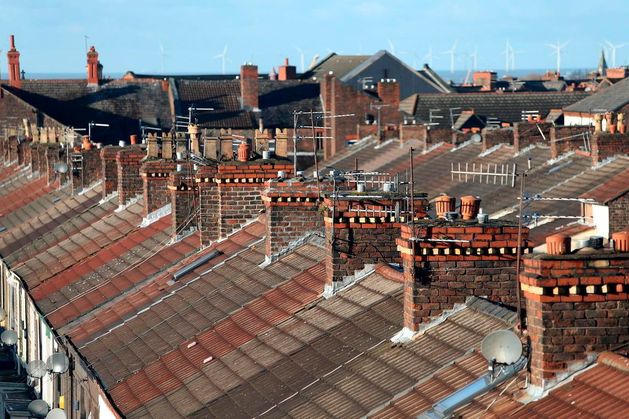Steven Barrett
Registered User
- Messages
- 5,462
A timely article no doubt prompted by articles saying that our parents had it better than we have it now...which I would guess all comes down to housing and the price of it. It is something that really needs to be addressed...even with lower BER ratings so the cost of building is lower.

 www.independent.ie
www.independent.ie
McDowell's article highlights how tough a lot of life was in Ireland back then. There is so much now that is just taken for granted and not seen as an issue. The hassle of going anywhere in Ireland as there was no motorways. Flights were incredibly expensive...no weekend breaks! Unemployment was high, wages were low, cars were basic, not everyone had a phone in their house.

One in three think economy is worse now than in their parents’ time, with under-25s reporting least positive views
Just under half of Irish consumers think the Irish economy is better now than in their parents’ time. One in three think it is worse, according to the Credit Union Consumer Sentiment Index.
McDowell's article highlights how tough a lot of life was in Ireland back then. There is so much now that is just taken for granted and not seen as an issue. The hassle of going anywhere in Ireland as there was no motorways. Flights were incredibly expensive...no weekend breaks! Unemployment was high, wages were low, cars were basic, not everyone had a phone in their house.